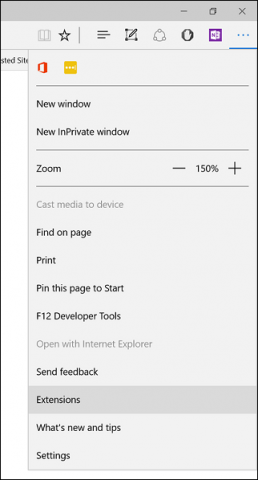

PHILADELPHIA — Bernie Sanders is a winner. His supporters don’t think so because he’s not the Democratic presidential nominee. But believe me, they are having a bully convention, compliments of a party their candidate has never fully embraced.
Sanders’ prime-time speech Monday was the capstone of a shockingly successful campaign. He had signaled all day that he’d do the right thing and he did, telling the convention not only that “Hillary Clinton must become the next president of the United States,” but also that she would be an “outstanding” president.
Yet he was booed at a midday event when he urged his backers to vote Clinton, to live in “the real world.” His pivot to that world is coming very late. Theirs may never come. Sanders promised them a revolution. In that context, getting some but not all of what you want is cause for complaint.
It’s true that the platform ratified Monday does not call for a ban on fracking or reject the Trans-Pacific Partnership trade agreement, both top Sanders priorities. Yet Clinton now opposes the TPP, a deal she helped negotiate. And running-mate Tim Kaine might have set a flip-flop record, letting it be known through aides a day after joining the ticket that he had gone from TPP backer to TPP critic.
Beyond that, the Sanders effect is obvious throughout the platform. It calls for a $15-an-hour minimum wage, abolition of the death penalty and a path to marijuana legalization — all positions that go further than Clinton’s. It is emphatic about expanding Social Security and fighting any and all cuts. It suggests a new Glass-Steagall Act to stop banks from taking risks with the deposits people entrust to them.
Under pressure from Sanders, who called for free college for all, Clinton is proposing free tuition at in-state public colleges and universities for 80% of American families. In other responses to him, she recently came out for more investment in community health centers, a public health insurance option in some states, and allowing people over 55 to join the government’s Medicare health plan for seniors.
Sanders further won a new “unity commission” to revamp the party’s superdelegate system, which he (wrongly) claims was rigged against him. And, with the WikiLeaks release of documents suggesting the Democratic National Committee was biased toward Clinton, he won the resignation of DNC Chairwoman Debbie Wasserman Schultz, which he had long sought.
Is Sanders satisfied? He should be. The DNC owed him more respect and neutrality than he got, and he might emerge from this election with a deeper commitment to his adoptive party. He did pledge going forward to do “all that I can” to ensure a “Democratic-controlled Senate, a Democratic House and a Hillary Clinton presidency.” But we shouldn’t pretend he’s a longtime Democratic loyalist in the mold of the Clintons.
This is the party that Hillary and Bill Clinton have been helping to build for more than four decades. They rushed to Texas during law school in 1972 to work for the ill-fated, anti-war George McGovern. Twenty years later, they won the White House after working to nudge the party from the left lane back to the center. More than 20 years after that, in a different, more populist time, Hillary Clinton is reembracing some tenets of the left.
All the while, both Clintons have been campaigning and raising money nationwide for Democratic candidates, party organizations and causes. This is of course a time-honored way to collect chits for your foundation or your next run for office, or your wife’s. But there’s no denying their work ethic or the millions they’ve raised and donated over the years.
In Sanders’ home state of Vermont, there’s no party registration. For most of his life, he has been an independent — a self-described democratic socialist — who for decades actively opposed Democratic candidates and policies. He remained ambivalent about adopting the label for himself well into his quest for the party’s presidential nomination. Politifact noted in February that on his Senate website, he called himself an independent, on his presidential, a Democrat. That is still the case today, even as he wrings one policy commitment after another from Clinton and the party.
It has long been past time for Sanders and his followers to declare victory and get behind Clinton-Kaine. Sanders transitioned into that role and the real world this week. The question is whether he waited too long, or promised too much, for his revolutionaries to join him there.
[Source:- USA today]





